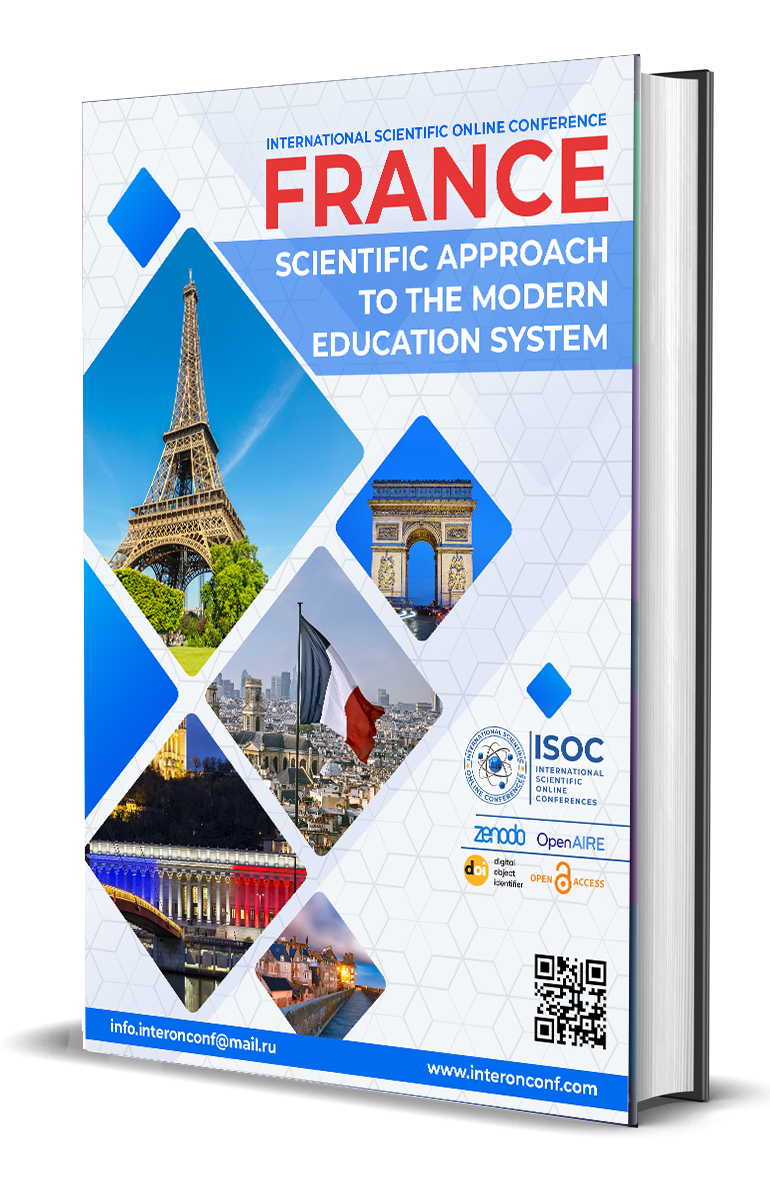EMBRACING MULTILINGUALISM: THE TRANSFORMATIVE POWER OF LEARNING FOREIGN LANGUAGES
Abstract
This comprehensive article explores the transformative power of learning foreign languages, highlighting the myriad benefits and opportunities it offers individuals and societies. From cognitive enrichment and career advancement to cultural appreciation and global citizenship, the article delves into the multifaceted advantages of language learning across various domains. Additionally, it explores the role of technological innovations, linguistic diversity, lifelong learning, and addressing global challenges through language education. By emphasizing the importance of multilingualism and promoting language learning for all ages, the article advocates for fostering intercultural understanding, promoting social inclusion, and building a more interconnected and harmonious world.
References
Baker, C. (2011). Foundations of bilingual education and bilingualism. Multilingual Matters.
Bialystok, E., Craik, F. I., Green, D. W., & Gollan, T. H. (2009). Bilingual minds. Psychological Science in the Public Interest, 10(3), 89-129.
Byram, M. (2008). From foreign language education to education for intercultural citizenship: Essays and reflections. Multilingual Matters.
Council of Europe. (2001). Common European Framework of Reference for Languages: Learning, teaching, assessment. Cambridge University Press.
Crystal, D. (2003). English as a global language. Cambridge University Press.
García, O., & Li Wei. (2014). Translanguaging: Language, bilingualism and education. Palgrave Macmillan.
Genesee, F. (1999). Program alternatives for linguistically diverse students. Educational practice report 11.
Grosjean, F. (2010). Bilingual: Life and reality. Harvard University Press.
Kramsch, C. (2009). The multilingual subject. Oxford University Press.
Lambert, W. E., & Taylor, D. M. (1990). Coping with language barriers: An evaluation of the use of language assimilation in Montreal. Applied Psychology, 39(3), 325-339.
Liu, J. (2008). Bilingual education in China: Practices, policies, and concepts. Springer.
Murray, G. (2017). The social dimension of language learning in contemporary societies: Introduction to the special issue. System, 65, 1-6.
Paikeday, T. M. (1985). The native speaker is dead! Toronto: Paikeday Publishing.
Romaine, S. (1995). Bilingualism (Vol. 15). Wiley-Blackwell.
Swain, M., & Lapkin, S. (1995). Problems in output and the cognitive processes they generate: A step towards second language learning. Applied Linguistics, 16(3), 371-391.





